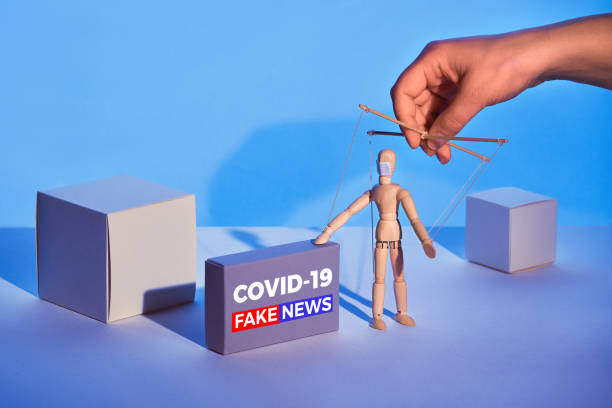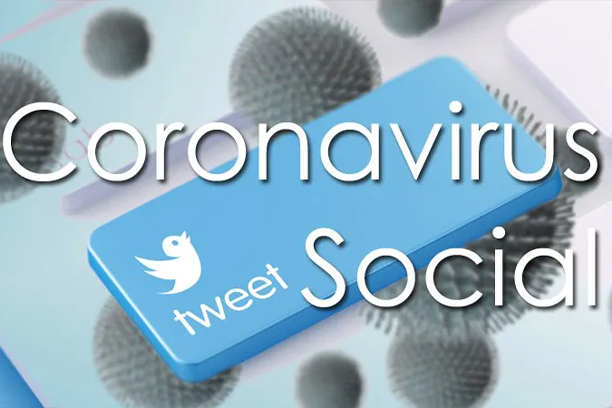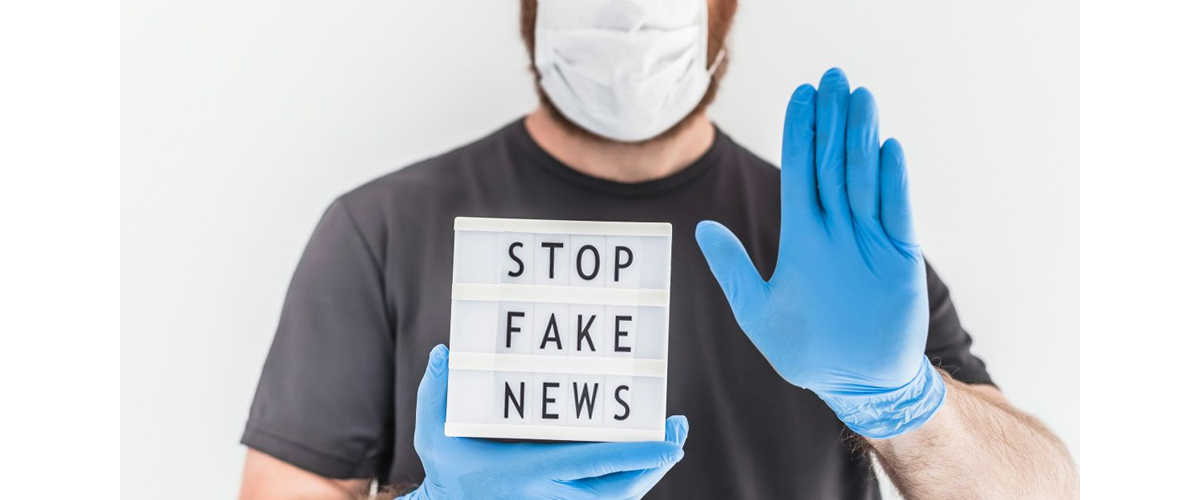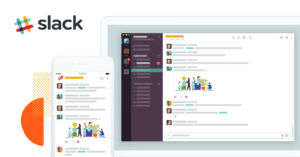What is Infodemic?
According to WHO, the COVID-19 outbreak and response has been accompanied by a massive infodemic: an overabundance of information – some accurate and some not – that makes it hard for people to find trustworthy sources and reliable guidance when they need it. Infodemic refers to a large increase in the volume of information associated with a specific topic and whose growth can occur exponentially in a short period of time due to a specific incident, such as the current pandemic. In this situation, misinformation and rumors appear on the scene, along with manipulation of information with doubtful intent. In the information age, this phenomenon is amplified through social networks, spreading farther and faster like a virus.

What is misinformation?
Misinformation is false or inaccurate information deliberately intended to deceive the reader. In the context of the current pandemic, it can greatly affect all aspects of life, especially people’s mental health, since searching for COVID-19 updates on the Internet has jumped 50% – 70% across all generations.
According to a study by the Center for Health Informatics at the University of Illinois, in March, there were about 550 million tweets containing corona virus, coronavirus, covid19, covid-19, covid_19 or pandemic. An exponential increase in the volume of tweets occurred around the start of the lockdown in Italy, reaching a plateau around the day the United States declared the pandemic had become a national emergency. Of the total number of tweets, 35% came from the US, followed by the United Kingdom (7%), Brazil (6%), Spain (5%) and India (4%). The gender distribution was almost even, with men tweeting a little more (55%). Regarding age, 70% of all tweets were generated by people over 35 years old. The next-largest group (20%) was children and teens (under 17 years old). The most-used pandemic-related hashtags are #Pandemic and #FlattenTheCurve.

Misinformation in a pandemic can negatively affect human health. Many false or misleading stories are fabricated and shared without any background or quality checking. Much of this misinformation is based on conspiracy theories, some introducing elements of these into seemingly mainstream discourse. Inaccurate and false information has been circulating about all aspects of the disease: how the virus originated, its cause, its treatment, and its mechanism of spread. Misinformation can circulate and be absorbed very quickly, changing people’s behavior, and potentially leading them to take greater risks. All this makes the pandemic much more severe, harming more people and jeopardizing the reach and sustainability of the global health system.
The spread of false information in the infodemic
Increased global access to cell phones with an Internet connection, as well as social media, has led to the exponential production of information and the number of possible paths for getting it, creating an infodemic. In other words, we have a situation where a lot of information is being produced and shared to every corner of the world, reaching billions of people. How much of this information is accurate? Just some!
Why can the Infodemic make the COVID-19 pandemic worse?
- Makes it hard for people, decision makers, and health workers to find trustworthy sources
and reliable guidance when they need it. Sources may be apps, scientific organizations, websites, blogs, “influencers,” and more. - People may feel anxiety, depression, overwhelmed, emotionally drained, and unable to
meet important demands. - It can affect decision-making processes when immediate answers are expected and not
enough time is allotted to deeply analyze the evidence. - No quality control on what’s published, and sometimes, on what’s used to take action and
make decisions. - Anybody can write or publish anything on the web (podcasts, articles, etc.), in particular on
social media channels (individual and institutional accounts).
How is the WHO tackling the Infodemic during the COVID-19 Pandemic?
The WHO Information Network for Epidemics (EPI-WIN) aims to give everyone access to timely, accurate, and easy-to-understand advice and information from trusted sources on public health events and outbreaks—currently, the COVID-19 public health emergency. In early April, EPI-WIN held a 2-day, global, online consultation on managing the COVID-19 infodemic. Ideas were gathered from an interdisciplinary group of experts and 1,375 webinar participants. Over 500 ideas were also submitted in an online interactive forum.
The WHO is setting up partnerships and collaborations to support the response to the infodemic by developing global resources for fact-checking and misinformation management, infodemic measurement and analysis, evidence synthesis, knowledge translation, risk communication, community engagement, and amplification of messages.
The WHO ‘infodemics’ team is working hard to address rumors by publishing “myth busters” and Live Q&A interviews with experts on its website and social channels and through the media.
The WHO is also engaging with search, social, and digital companies—Facebook, Google, Tencent, Baidu, Twitter, TikTok, Weibo, Pinterest, and others—to filter out false messages and to promote accurate information from credible sources, such as the Centers for Disease Control and Prevention, itself, and others.
The WHO is connecting with influencers through Instagram and YouTube, among others, to help spread factual messages to their followers, with a focus on the Asia-Pacific region. Conducting social and media listening and sentiment analysis is helping to understand the topics arising online the meaning of these conversations and their emotional drivers.
Responsibly to update and share trustworthy information
- Trust the World Health Organization.
- Identify evidence
- Avoid fake news
- Support open science
- Determine if the information really adds up, even if it’s from a secure source and has been shared before
- Report harmful rumors
- Protect privacy
- Open (quality) data
- If you can’t confirm the information’s source, its usefulness, or whether it’s been shared before… better not to share
- Confirm that the information has been shared before by other people
- Participate responsibly in social conversations
- Continue collaborating
- Share information responsibly
- If the information is not confirmed, it is better not to share it
- Keep learning new information







